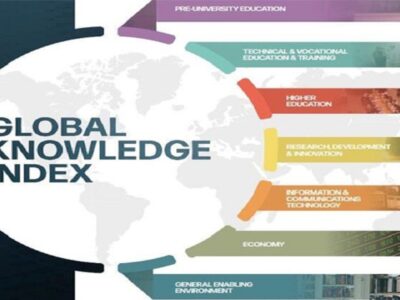(LANKAPUVATH | COLOMBO) – The Government of Sri Lanka’s Cabinet has given the green light for the country’s Green Bond Framework, which was developed by the Ministry of Finance, with support from the United Nations Economic and Social Commission for Asia and the Pacific (ESCAP).
The development of the Framework underwent consultation and received inputs from a number of Ministries and Regulators including but not limited to the Central Bank of Sri Lanka, Ministry of Environment, the Sustainable Development Council, as well as development partners such as the United Nations Development Programme (UNDP) and Global Green Growth Institute (GGGI).
The Government of Sri Lanka has set an ambitious agenda to develop the country’s sustainable finance market, by focusing on the development of tools and policy guidance that is needed to effectively manage environmental, social and governance (ESG) risks and meet the country’s climate objectives. Despite these ambitions, Sri Lanka continues to face the worst financial crisis that it has seen in decades. The economic crisis, that followed the COVID-19 pandemic, threatens the achievement of the country’s SDG and climate commitments.
In April 2022, the Government of Sri Lanka announced it would be suspending payments on its foreign debt, resulting in the first default in the country’s history and plunging the country’s sovereign credit rating below investment grade. Throughout the financial and political challenges faced over the past year, ESCAP has been working to support the Government of Sri Lanka to achieve both its short-term and longer-term green finance goals.
Thematic bonds, such as green bonds or blue bonds, can support countries in catalysing financing to support climate and SDG related ambitions. While bonds are indeed a type of debt instrument, they can also be leveraged to restructure existing debt, which can be beneficial to countries facing debt distress. Sri Lanka’s Green Bond Framework has been designed to support the country in the short term and long term, by providing a framework that can be utilized for debt restructuring and for the long term to raise green finance, once debt sustainability has been reached.
“ESCAP is pleased to have provided technical and financial support to the development of Sri Lanka’s Green Bond Framework. In the face of the present crisis, the Government has remained steadfast in its environmental and SDG commitments. We believe that this Framework will help Sri Lanka to be one step closer to mobilizing green finance for Sri Lanka’s socio-economic growth and environmental resilience,” said Armida Salsiah Alisjahbana, United Nations Under-Secretary-General and Executive Secretary of ESCAP.
“It is in particular an opportune time to put in place a framework for the issuance of Green/Blue financing instruments to help Sri Lanka to access international capital markets again. The Green Bond Framework can be used by the Government of Sri Lanka to support the restructuring and repackaging of a portion of its existing debt towards green and sustainable initiatives, therefore, allowing the debt to be realigned toward long-term sustainable outcomes,” said Ranil Wickremesinghe, President of Sri Lanka.
As a next step, ESCAP and the Global Green Growth Institute (GGGI), have agreed to co-finance the cost of a Second Party Opinion to ensure the framework is aligned with the highest standards and market best practices. Additionally, ESCAP, UNDP and GGGI are working together to provide support to move forward the Sri Lanka’s sustainable finance agenda.




